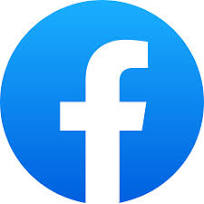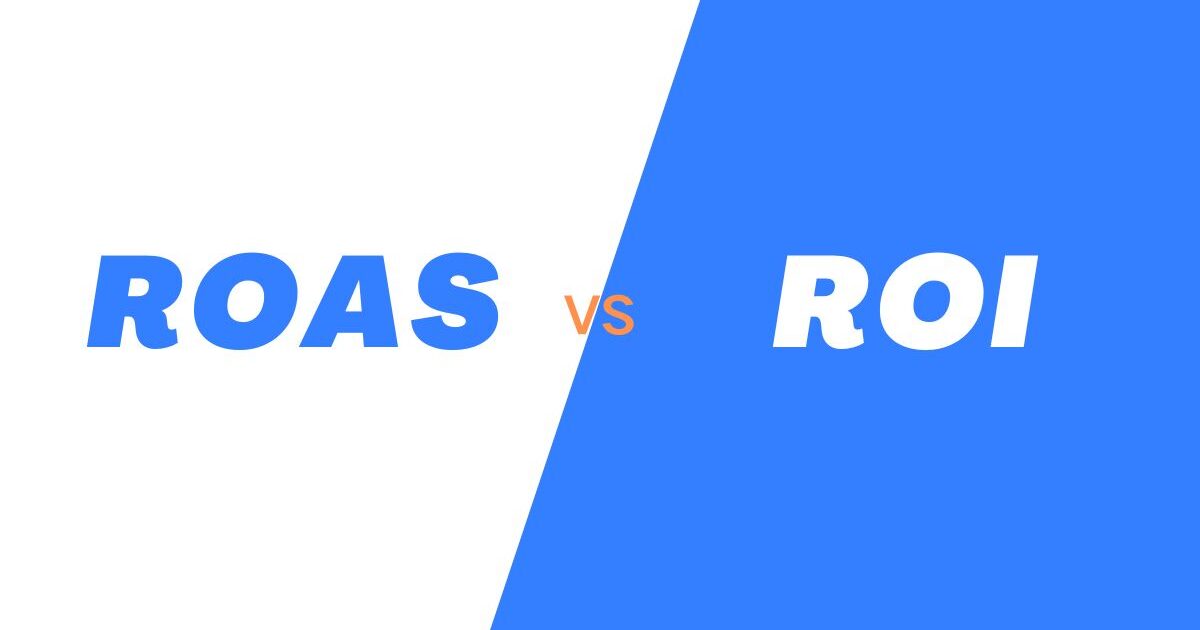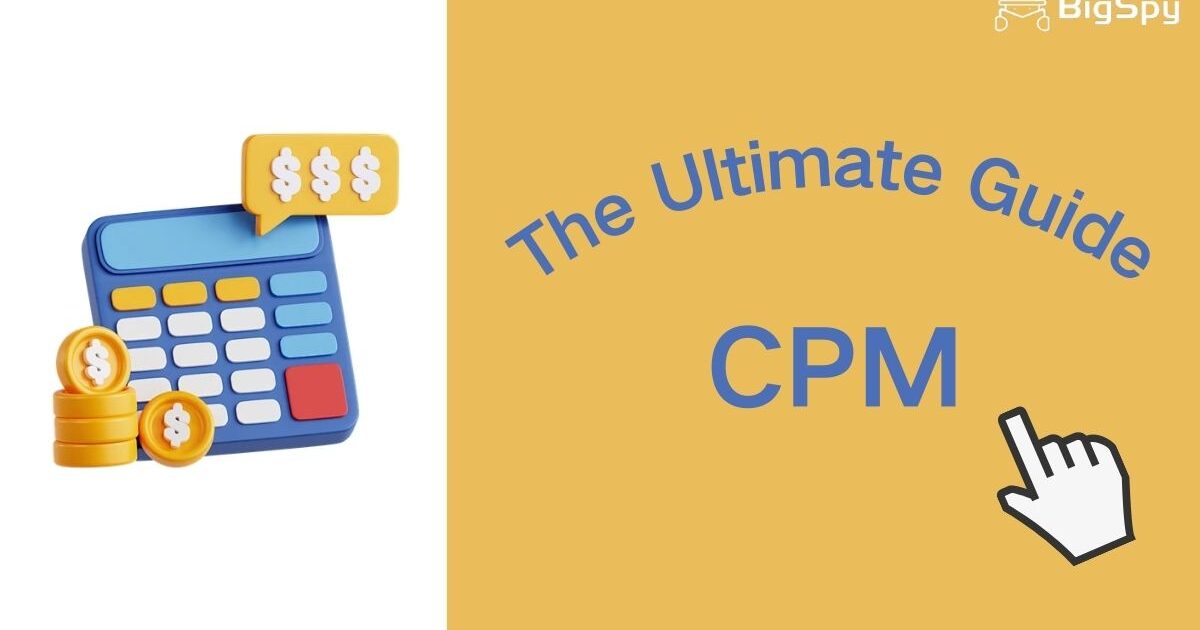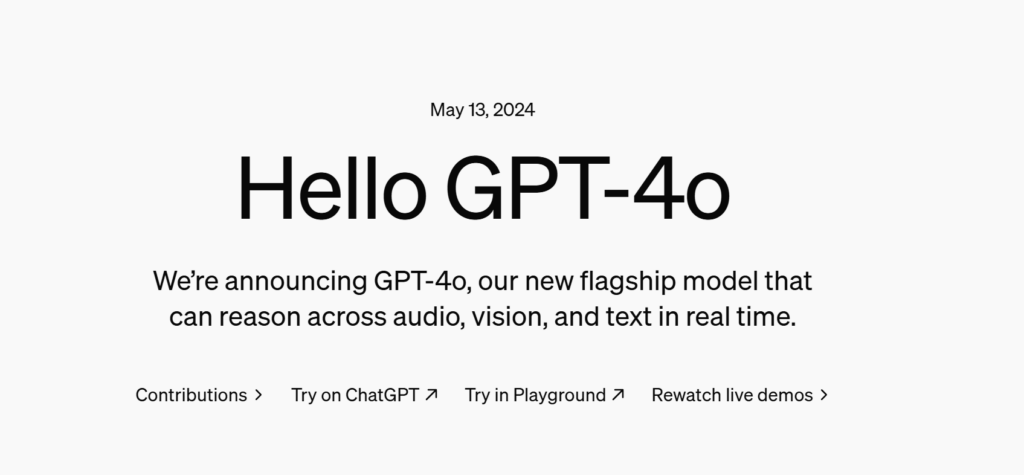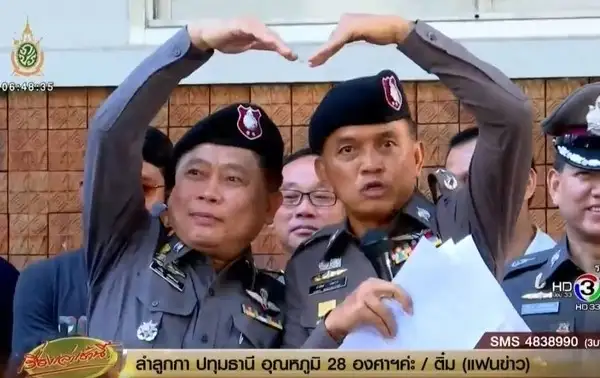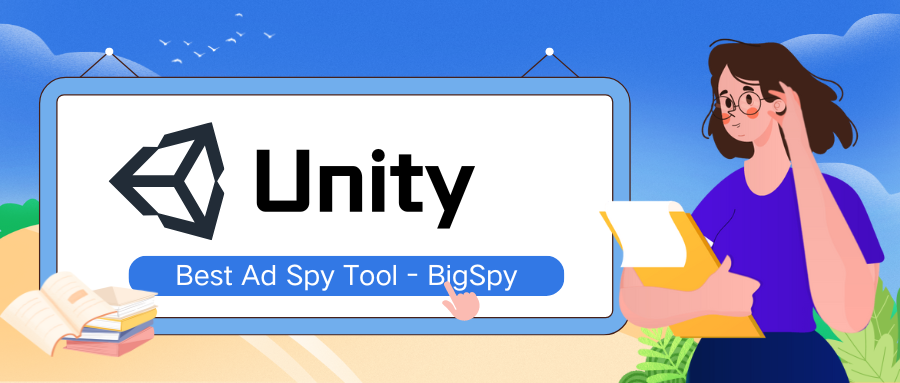The reverse unicorn advertising targeting strategy doubles Facebook’s relevance score
Currently, Facebook advertising is no longer a novelty.
We all know how it works: it's all about promoting your "unicorn" - the top 1-3% of the highest quality content and/or discounts, which often have exceptionally high participation rates, such as a click through rate of 10% or higher. Why is that so?
Facebook will assign high relevance ratings to sponsored posts with high participation rates and increase exposure by reducing costs, thereby earning rewards in Facebook's advertising algorithm.
The cost per click for a sponsored post with 1% engagement rate might be around $3–5 per click, but if you can raise the engagement rate to 10%, your CPC will fall to around 25 cents.
But HOW do you make the content you’re trying to promote get 10%+ click-through rates?
How advertising positioning strategies affect relevance scores
The general strategy for improving relevance and click through rates on Facebook is to be slightly picky about advertising positioning - no matter how boring your sponsored content may be, as long as it can attract a sufficiently precise target audience, it can excite a small group of people, at least in theory.
A Bold New Way of Ad Targeting: The Inverted Unicorn Method
My new ad targeting strategy has the potential to dramatically increase your sponsored post engagement rates and your relevance scores, which in turn will simultaneously increase reach and lower cost per engagement.
Basically, the idea here is rather than only targeting correlated interests (e.g. marketers with middle-management job titles), we’re going to target two completely different interests: for example, liberals who watch Star Trek Deep Space Nine.
A crazy example of Facebook advertising targeting the inverted unicorn method emphasizes how spreading fake news through Facebook advertising poses a threat to society.
In a nutshell, the Inverted Unicorn Ad Targeting Strategy makes ads more interesting by appealing to two or more of a user’s different interests.
There are so many ways you could use this strategy. For example, what if you’re HubSpot and you want to promote your INBOUND conference on a small budget? You could target the intersection of small business owners and fans of Michelle Obama. Then you would feature an inspiring image of her in your ad, noting that she’s a keynote speaker. Much more effective than a boring stock image of a laptop or something.
